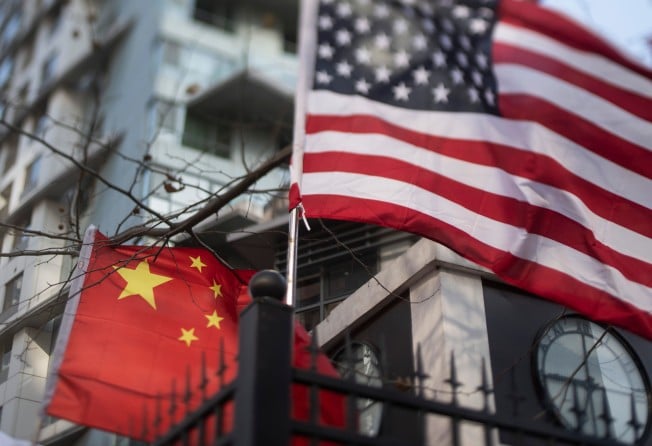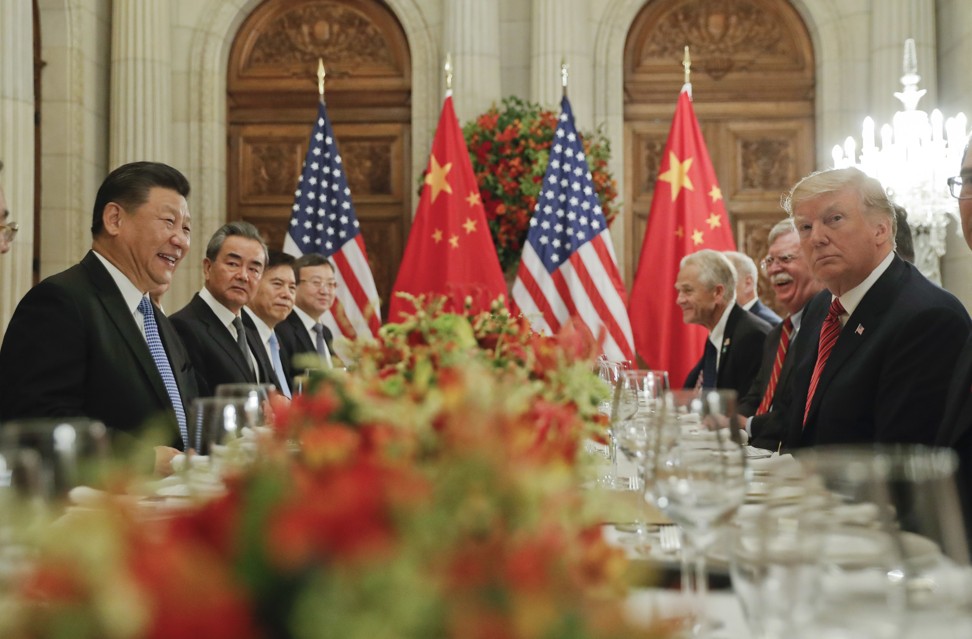No quick fix to ‘strategic trust’ behind US-China trade war, Singapore minister says
- Chee Hong Tat does not see a short-term solution to the tensions between Beijing and Washington
- In May, Singapore’s non-oil exports fall by 15.9 per cent, the largest decline for more than three years, in part due to the trade war

Mistrust between China and the United States is unlikely to be repaired in the short term, according to Singapore’s senior minister of state for trade, industry and education.
Chee Hong Tat, having seen the rhetoric between China and the US intensify after the Trump administration increased tariffs at the start of May and threatened further duties, said that time and patience would be required to see an improved understanding between the world’s two largest economies.
“The Sino-US trade war is not just about trade or technology or even tribe, as in a clash of civilisation ... I believe it is ultimately due to a lack of strategic trust between the US and China,” Chee said at the Centre for China and Globalisation, a Beijing-based think tank on Tuesday.
“This is a problem that unfortunately cannot be resolved quickly. To reduce the current tensions between China and the US, it is important for us to understand why American actions against China gain the support of both Democrats and Republicans, also some business leaders. China could consider how it could address negative perceptions of China in the US and other countries.”
“The clash of civilisations” concept was popularised by the American political scientist Samuel P. Huntington in 1992, who argued that differences in cultural and religious identities could be the primary source of conflicts in the post-cold war era.
Chee also referenced the controversial remarks by US Department of State director of policy planning Kiron Skinner at the end of May as an example of how the trade war is a “clash of civilisations”.
Skinner said that the rivalry with Beijing is “a fight with a really different civilisation and a different ideology, and the United States hasn’t had that before”, before adding that this would be “the first time that we will have a great power competitor that is not Caucasian”.
Singapore certainly has a vested interest in the US-China trade war as the city state has been the largest source of foreign investment in China for six straight years, and China is Singapore’s largest trading partner, export destination and the place most of its imports originate from, according to Chinese government data.

Chee made the comments before China and the United States confirmed US President Donald Trump will meet Xi Jinping at the G20 summit in Japan next week after trade talks broke down at the start of May.
Xu Hongcai, deputy director of the economic policy commission at the China Association of Policy Science think tank, said that Beijing could learn from Singapore, including in the area of reform of state-owned enterprises.
“Singapore has long been dominated by one party but still can gain wide recognition in the international community, there is some unique stories worth learning,” Xu said.
Singapore has long been dominated by one party but still can gain wide recognition of the international community, there is some unique stories worth learning
Chee believes China should further increase protection for foreign investment and continue to level the playing field between foreign and local companies to ease misgivings and end the trade tensions.
In May, the impact of the trade war was again felt by Singapore, when the city state saw its non-oil exports fall by 15.9 per cent, the largest decline for more than three years.
“I do not think any business, any consumer group or marketplace is immune [to US-China trade war tensions],” Chee added.